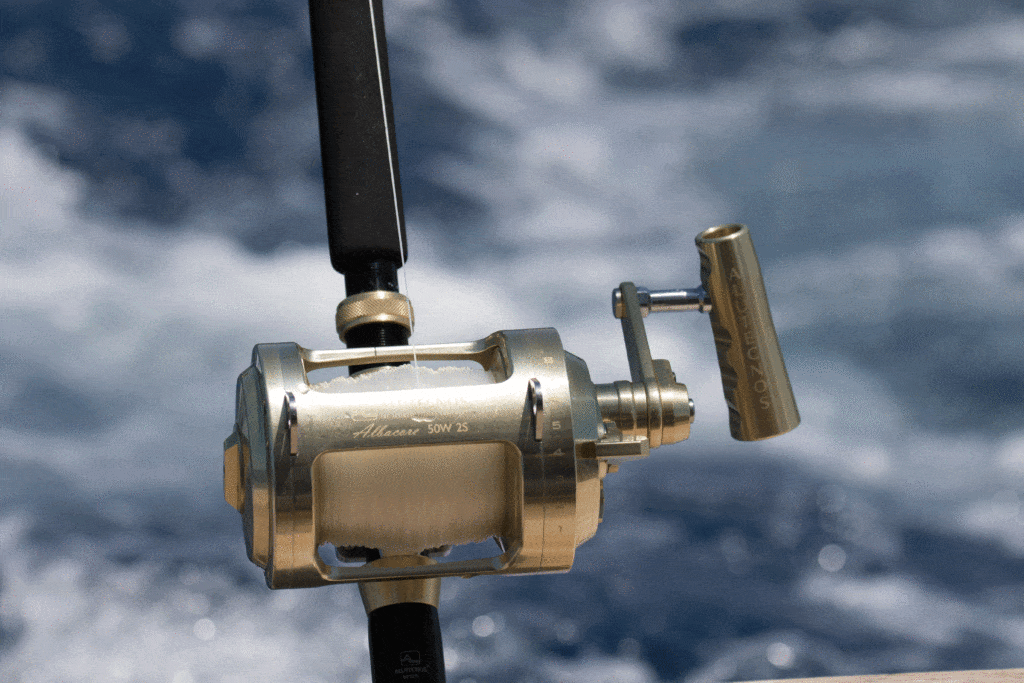The International Game Fish Association recently made several significant changes to their International Angling Rules following their annual Board of Trustees meeting. The first change regards assisting the angler. The current rule states that, “the act of a person other than the angler touching the rod, reel, or line either bodily or with a device once the fish strikes or takes the bait,” constitutes a disqualification. However, the board felt that the rule did not adequately address the issue of safety, to keep an angler from slipping on the deck or even falling overboard in rough seas.

In order to clarify, the IGFA will be adding the following language to the section 3 of Disqualifying Acts: “Holding or touching an angler in a manner that assists them in fighting the fish or takes pressure off the angler. Touching or briefly holding the angler to prevent them from falling does not constitute a disqualification.” This change will take effect April 1, 2017.
Another area of concern is the use of backing and a top-shot. Current IGFA International Angling Rules state, “If the fishing line is attached to backing, the catch shall be classified under the heavier of the lines.”
This rule has long been contested in cases where the main line or top shot is lighter than the underlying backing, as logic dictates that the lighter line will break before the heavier backing. This is also contrary to IGFA angling rules for fly-fishing, where the catch is categorized based on the breaking strength of the class tippet rather than the backing.

The IGFA will be making the following alterations to Equipment Regulation A:
- Title change from “LINE” to “LINE & BACKING”
- Adding a new subsection that reads: “3. The use of backing is permissible.”
- Adding a new subsection that reads: “4. The catch shall be classified under the breaking strength of the first 16.5 feet (5 meters) of line directly preceding the double line, leader or hook. This section must be comprised of a single, homogenous piece of line.”
This change will also become effective April 1, 2017.







